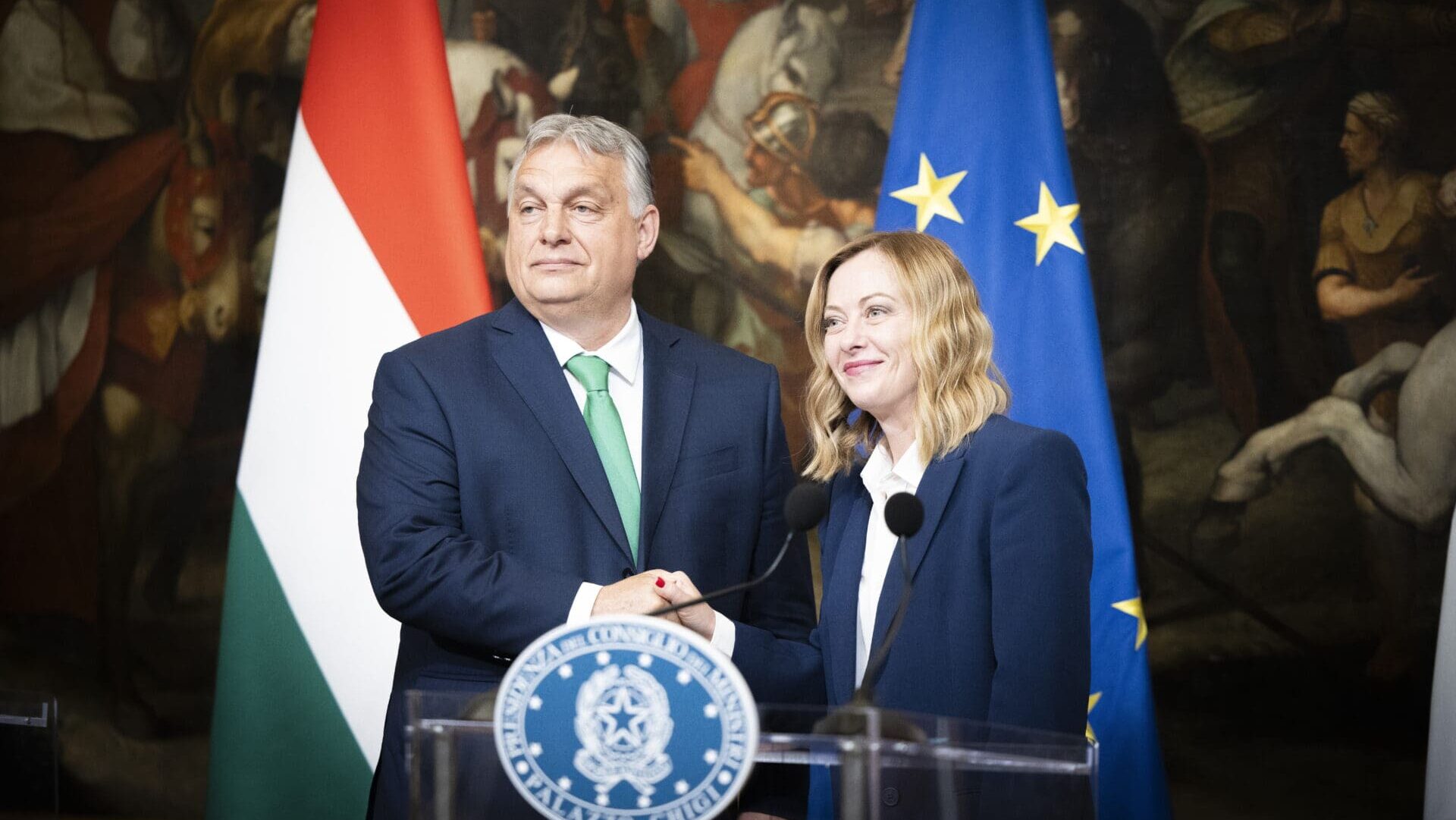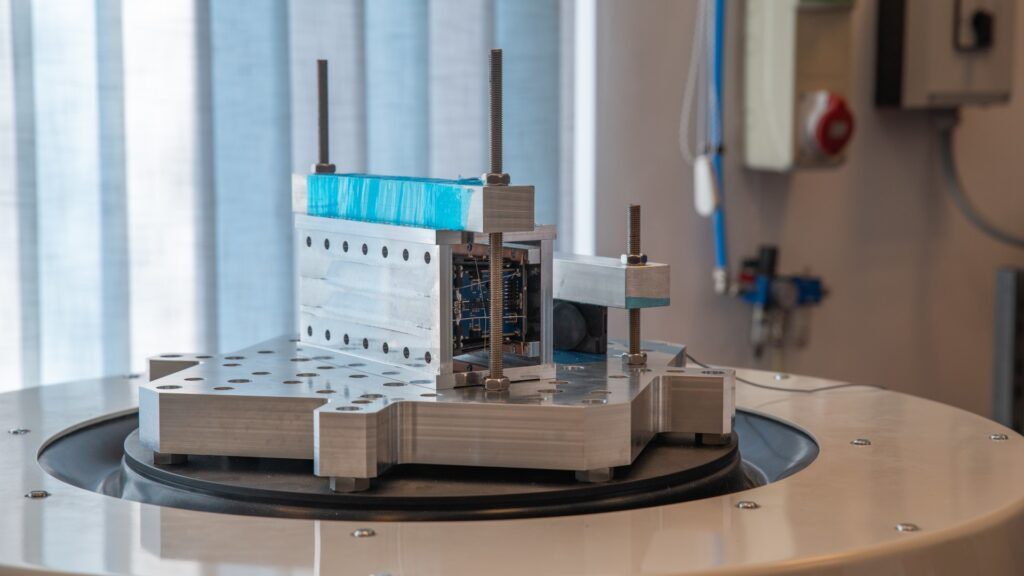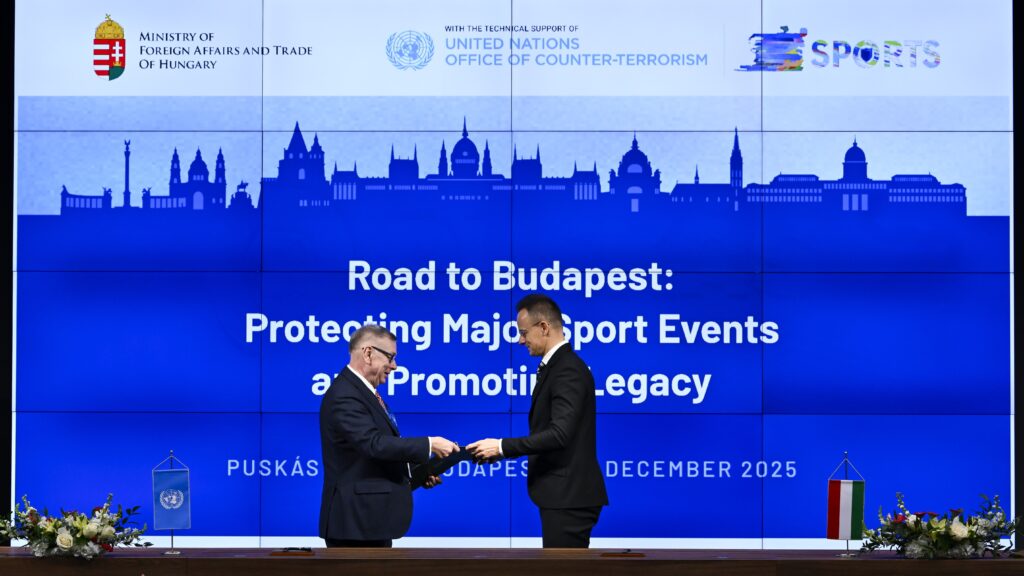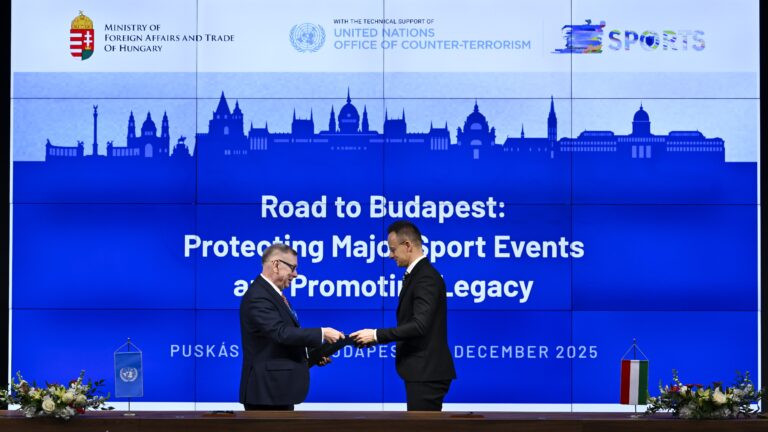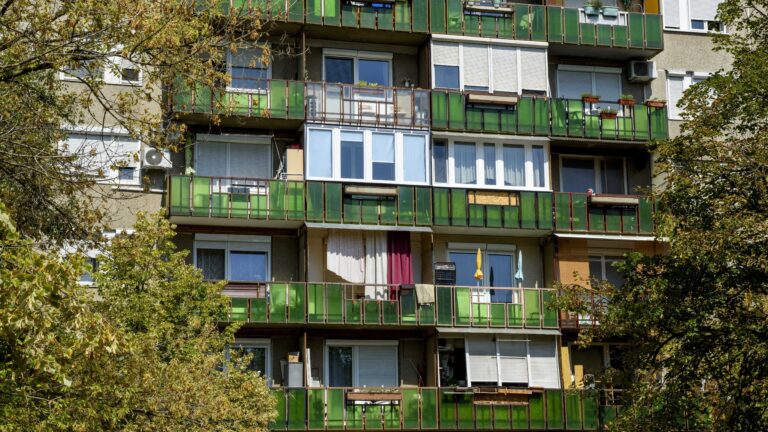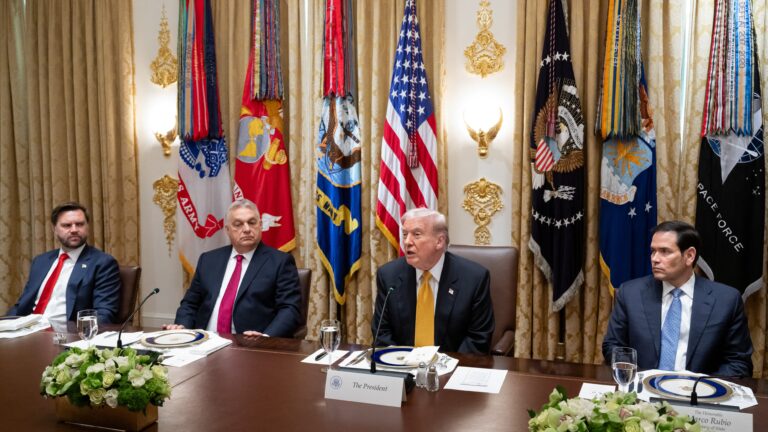On Monday in Rome, after discussions with Italian Prime Minister Giorgia Meloni, Hungarian Prime Minister Viktor Orbán called for the establishment of a European Competitiveness Pact.
At the joint press conference with the Italian Prime Minister, Viktor Orbán stated that Hungary intends to put forward a significant plan during its EU presidency: the European Competitiveness Pact. He believes that Europe’s biggest problem at the moment is its decline in competitiveness. He emphasized that if a European Competitiveness Pact is not established, hundreds of thousands of jobs could be lost in the coming decade.
Both Italians and Hungarians have an interest in a successful and competitive European economy, Viktor Orbán pointed out. He also stressed the mutual interest in ensuring that Europe does not isolate itself from economic partners outside Europe, that European industry remains strong, and that the green transition is achieved in cooperation with European industry rather than against it. The PM also noted that the cooperation between Italy and Hungary is significant in both economic and defence policy, and they want to extend this to energy as well. He announced that a Slovenian gas pipeline section will be built, thus establishing a connection between Italy and Hungary. The Italian LNG terminals would provide a significant source of diversification for Hungary compared to eastern supplies. He recalled that Slovenia had not previously agreed to the pipeline connection between Italy and Hungary.
On the topic of Italian–Hungarian economic relations, he highlighted that
Italy is Hungary’s fifth most important trading partner,
with trade between the two countries doubling in the past ten years and exports hitting a record high last year. He expressed his gratitude for the 600 Italian companies operating in Hungary, employing 20,000 people. The Prime Minister reported on two major Italian–Hungarian developments: the development of the port of Trieste and a joint logistics project in Ukraine. He described the defence cooperation between the two countries as strong, noting that the Italian contingent is the largest among the military forces stationed in Hungary, with 256 Italian soldiers forming part of NATO’s forward-deployed battalion group in Hungary. He added that Italian and Hungarian soldiers also work together in the Balkans.
Regarding the EU integration of the Western Balkans, the Prime Minister called it shameful and unacceptable that these countries have been waiting for more than 15 years to become members. Either we say yes or no, but we should not keep doing this, he remarked. Speaking on illegal migration, Viktor Orbán supported the Italian Prime Minister’s proposal for a comprehensive European development strategy for Africa. He referred to calculations that Africa’s population will grow by 750 million in the next 20 years, which is twice the population growth of the entire European Union. He assessed that in this situation, there are two options: either there will be a European development plan for Africa to ‘keep people at home’, or there will be ‘massive migration’ against which Europeans will not be able to protect themselves.
Concerning the distribution of positions in Brussels, Viktor Orbán disapproved of the EU institutions being based on party politics and indicated that he could not support the ‘party agreement’ on the allocation of positions. He recalled that as the longest-serving Prime Minister in the EU, he had seen ‘when things went wrong’; in his view, the ‘root of European troubles’ is that after the 2014 EP elections, the then-President of the European Commission wanted to transform the previously politically neutral commission into a political body. This process has since progressed and is causing more and more problems, he emphasized.
He opined that what is now being prepared, with three parties ‘forming a sort of coalition’ to allocate the most important European positions, is the opposite of the previous ‘inclusion philosophy’ and places the EU institutions on a party-political basis. The consequence of this is that there will be a majority and a minority, a government and an opposition, he said, but the union ‘is not designed for this’, rather for inclusion. Everyone must be included,
no country should feel like a minority or opposition within the union;
this is a philosophically and strategically wrong path on which the union should not proceed, he stated.
Viktor Orbán also mentioned that he had not discussed party matters with the Italian Prime Minister, who is also the president of the right-wing ruling party Brothers of Italy (FdI) and leads the European Conservatives and Reformists (ECR) group in the European Parliament. These issues were closed last Monday in Brussels. The president of Fidesz added that he made it clear that they would not be in a party alliance with a ‘Hungarian-hostile’ Romanian party. There is nothing to discuss, we cannot sit in such a faction, he reaffirmed. However, he indicated that last Monday he and Giorgia Meloni also agreed that despite this, they remain committed to advancing cooperation among European right-wing parties, even if they do not sit in the same faction.
Related articles:

